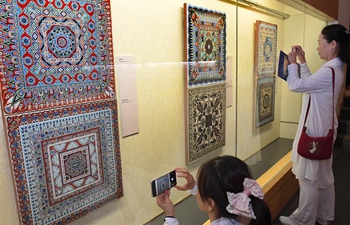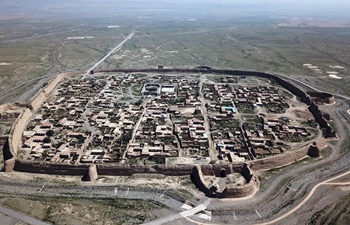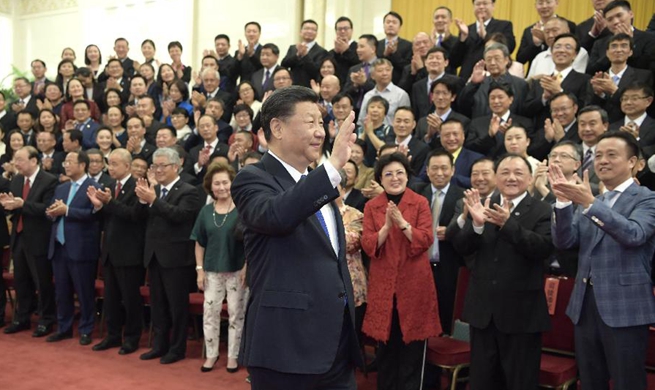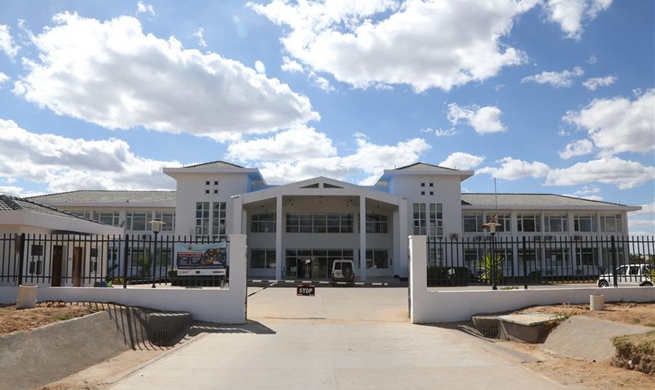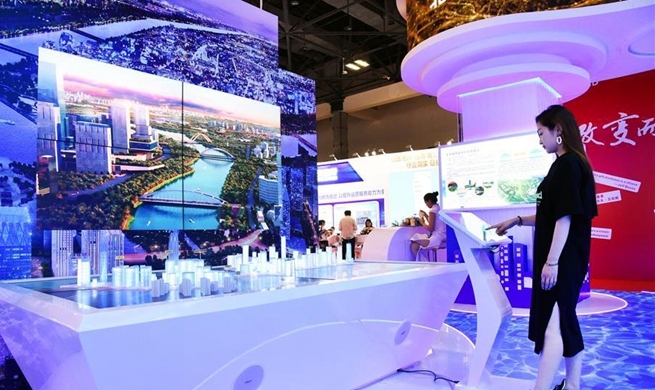by Xinhua write Guo Jun
ABUJA, May 30 (Xinhua) -- With a long-awaited regional trade zone agreement coming into effect on Thursday, Africa is set to take a big stride in economic integration, and the continent is expected to deepen its involvement in economic globalization.
For the past decades, Africa has been regarded as one of the least integrated regions of the world in terms of trade, and often singled out as an exception to the story of globalization.
Statistics show intra-African trade accounts for approximately 15 percent of the continent's trade, and only 2 percent of global trade.
The African Continental Free Trade Area (AfCFTA) means a lot for the continent with strengthening growth prospect.
It will remove duties and bring down non-tariff barriers such as poor infrastructure and inefficient border posts, facilitate flow of goods, talents and funds within the region, and enable business growth by linking the continent's fragmented economies in an integrated market of more than 1 billion potential customers.
It will also accelerate the process of urbanization as more investments are drawn to the continent in pursuit of great economic benefits that can be offered by an integrated market. This urban expansion, supported by a young population and a growing labor force, will contribute to rapid growth in consumption by households and businesses, ensuring more sustainable and diversified economic growth.
The AfCFTA accord comes at a right time as the continent is partnering with countries around the world, including China, for common development.
China and Africa have now been close partners for cooperation in infrastructure and industrial capacity under the framework of the Belt and Road Initiative.
Intra-Africa trade faces a lot of challenges partly due to the high cost of transporting goods across borders. The next few years will see China play a crucial role in helping unlock AfCFTA's business potential by helping the region bridge the huge infrastructure deficit in an affordable way.
The blossoming of China-assisted industrial parks in Africa will also see more "Made-in-Africa" goods gain entry into the world market.
Effective implementation of the AfCFTA agreement means a lot for the world. An integrated Africa will secure a better position in the global trading system and contribute to the process of globalization.
The last years have been marked by a growing headwind against globalization, with some narrow-minded politicians attacking globalization for widening wealth gaps and unbalanced economic growth among different countries and regions.
Projected to be a fast growing region in the world in the coming years, the progress in economic integration will further unlock Africa's potential for economic development and facilitate its march towards prosperity.
An emerging market of this scale will definitely help boost globalization.

